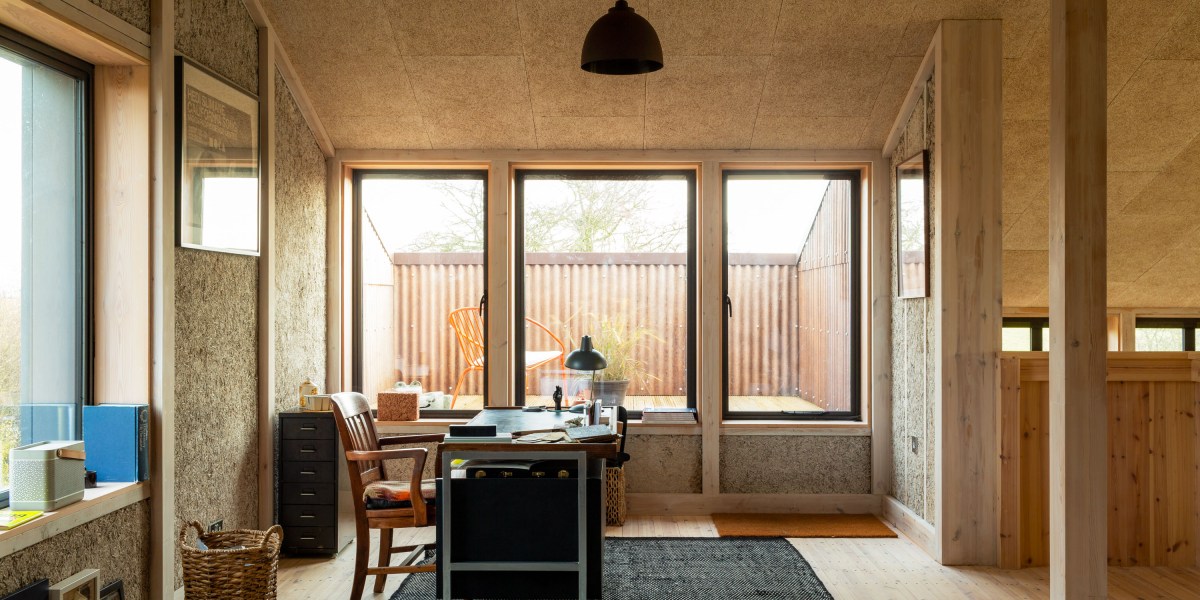Despite decades of green certifications, better material sourcing, and the use of more sustainable materials, the built environment is still responsible for a third of global emissions worldwide. According to a 2024 UN report, the building sector has fallen “significantly behind on progress” toward becoming more sustainable. Changing the way we erect and operate buildings remains key to tackling climate change.
London-based design and research nonprofit Material Cultures is exploring how tradition can be harnessed in new ways to repair the contemporary building system. As many other practitioners look to artificial intelligence and other high-tech approaches, Material Cultures is focusing on sustainability, and finding creative ways to turn local materials into new buildings. Read the full story.
—Patrick Sisson
This story is from our new print edition, which is all about the future of security. Subscribe here to catch future copies when they land.
MIT Technology Review Narrated: How a top Chinese AI model overcame US sanctions
Earlier this year, the AI community was abuzz over DeepSeek R1, a new open-source reasoning model. The model was developed by the Chinese AI startup DeepSeek, which claims that R1 matches or even surpasses OpenAI’s ChatGPT o1 on multiple key benchmarks but operates at a fraction of the cost.
DeepSeek’s success is even more remarkable given the constraints facing Chinese AI companies in the form of increasing US export controls on cutting-edge chips. Read the full story.This is our latest story to be turned into a MIT Technology Review Narrated podcast, which we’re publishing each week on Spotify and Apple Podcasts. Just navigate to MIT Technology Review Narrated on either platform, and follow us to get all our new content as it’s released.
#Download #Sustainable #architecture #DeepSeeks #success

